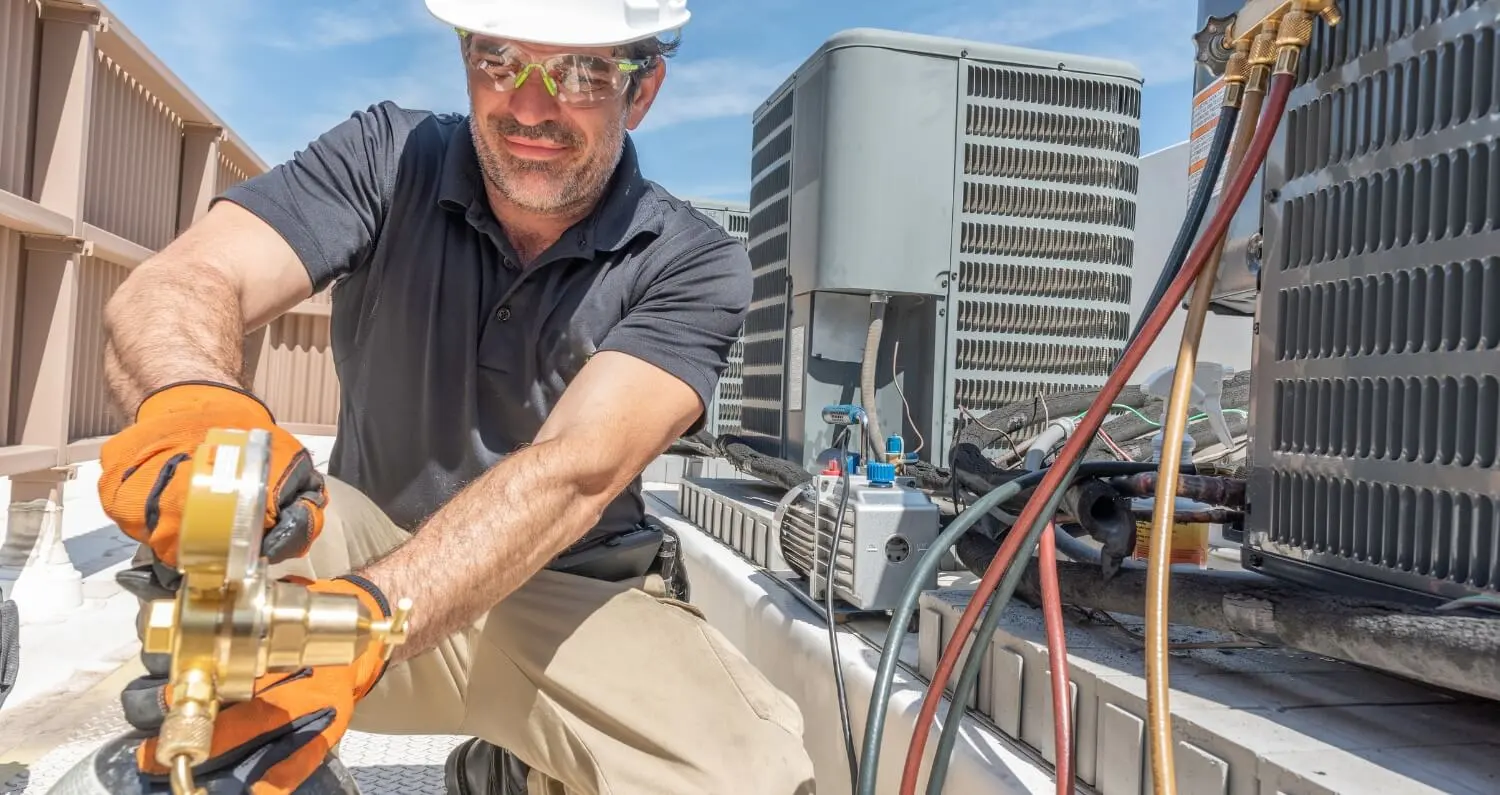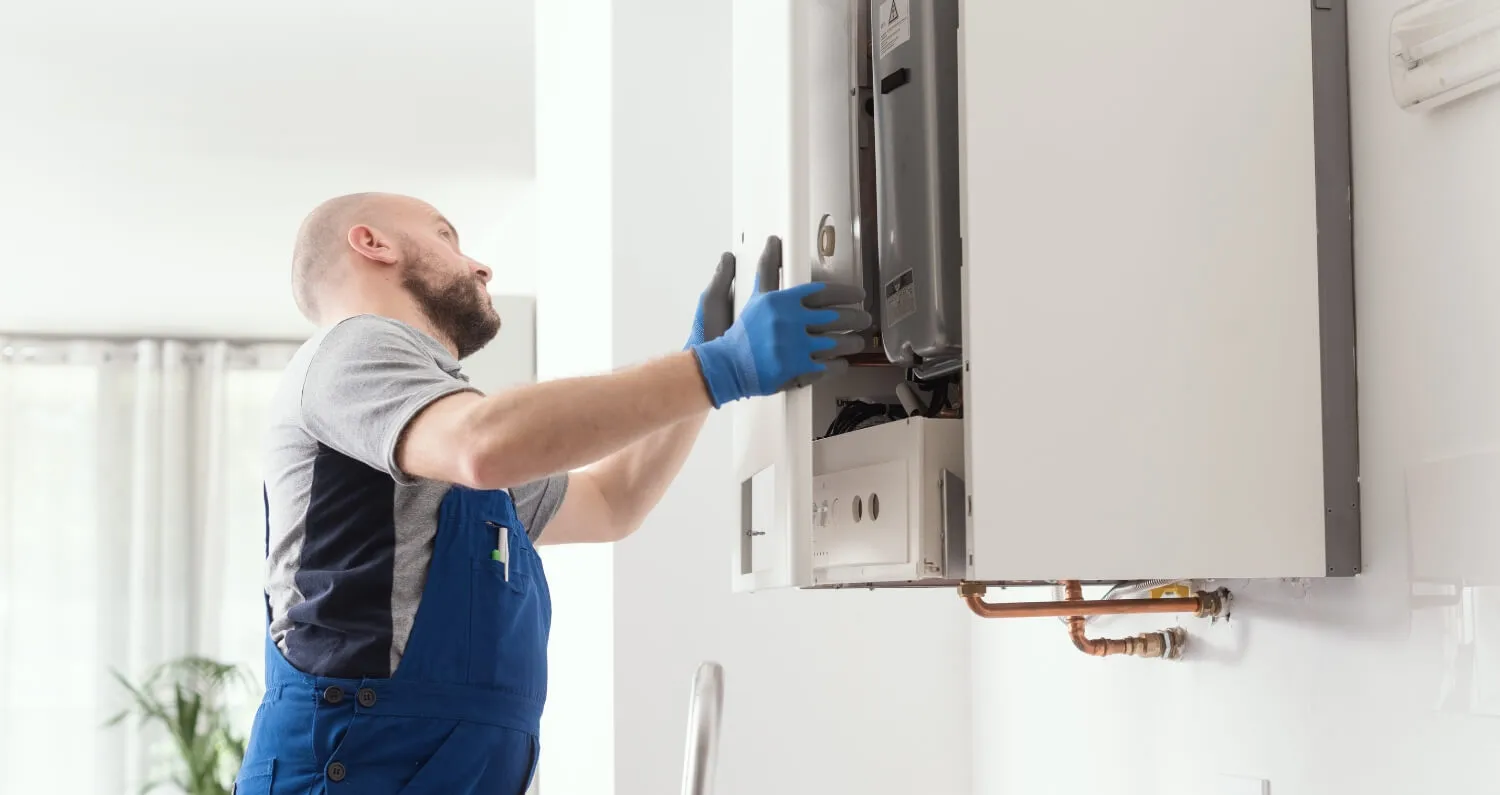Has your old oil heating system finally kicked the bucket? If so, you have a big decision to make. You can either stick with what you know and buy another oil-based system or switch to a different heating fuel like propane or natural gas if that’s even an option.
Heating oil is currently only used in 4.4% of households. Conversely, a staggering 48% of U.S. households rely on either natural gas or propane for heating.
Do all those people know something you don’t, or is oil still the most practical way to stay nice and toasty all winter? Let’s take a look at the costs of each option so you can decide whether converting your home’s heating fuel makes financial sense.
Crunching the Numbers
When choosing between oil or gas-powered heating systems, there are three primary factors you need to consider, which include:
New System Costs
In terms of new system costs, both types of units will vary greatly based on quality, size, model, and efficiency rating. Propane furnaces have an average cost of around $3,600, but smaller, more economical options can be as little as $1,000 this price may vary widely based on the size and the brand you choose. This does not of course factor in installation.
Oil furnaces can cost a bit more. According to Home Advisor, top options can run as high as $6,500, not including installation.
Recurring Fuel Expenses
Fuel costs have risen across the board, and money still doesn’t grow on trees. However, heating oil has experienced some of the most significant increases. Between 2021 and 2022, heating oil costs rose by 12.8%. Due to these price increases, families will spend over $2,100 on heating oil during the 2022-2023 winter season. Of course, this number changes based on usage, the size of your home, and even the amount of people living in your home using the appliances.
The average propane heating costs are projected to be about $1,668 this winter, which translates to savings of more than $100 per month. Although the costs of both fuel sources fluctuate over time, propane tends to be cheaper and more efficient than oil.
Miscellaneous Costs and Environmental Impacts
If you opt for a propane system and don’t already have a tank installed, you’ll need to buy one. While this is an added expense, purchasing a propane tank is probably less expensive than you might expect.
Besides, it’s a worthwhile investment, as you’ll save money every month on heating costs, and your upfront system installation expenses will also be lower.
Quality propane systems aren’t just more cost-effective — they burn cleaner too. Which means there is less need for repairs because of clogged, dirty systems. Although regular maintenance is still suggested to extend the life of your appliances.
While the gap between propane and natural gas is narrower, the former is still the clear choice in a head-to-head comparison. Propane is more efficient than natural gas, which can help you maximize your savings.
Get Affordable Propane from Paraco Gas
A quality propane heating system will burn cleaner and more efficiently than an old-school oil-powered alternative.
From a financial perspective, purchasing a heater with a propane tank will cost about the same as buying an oil-based system, especially once you factor in installation costs. If you want to keep costs down, you can even lease your propane tank from a company like Paraco Gas, making the propane system cheaper than the oil-based one. Paraco offers a multitude of payment and budget options as well.
Now that you know that converting your home’s heating fuel will give you the most bang for your buck, all that’s left to do is find a reliable fuel provider near you. You can look forward to staying warm in a more economical and affordable way.
continue reading
Related Posts
Your furnace is one of the most used appliances in





